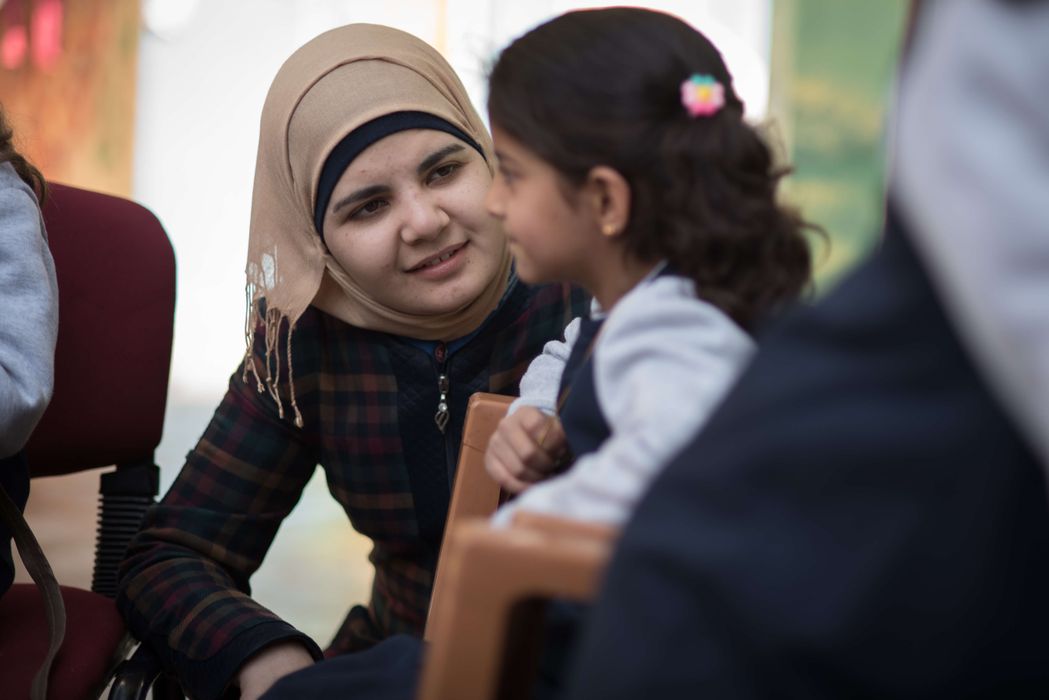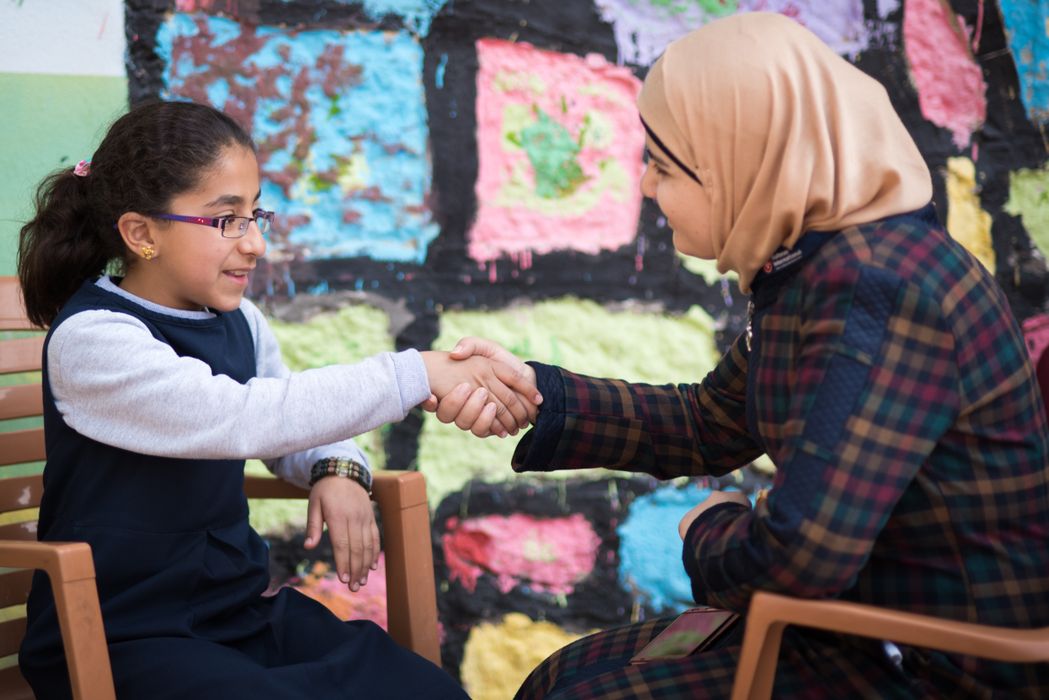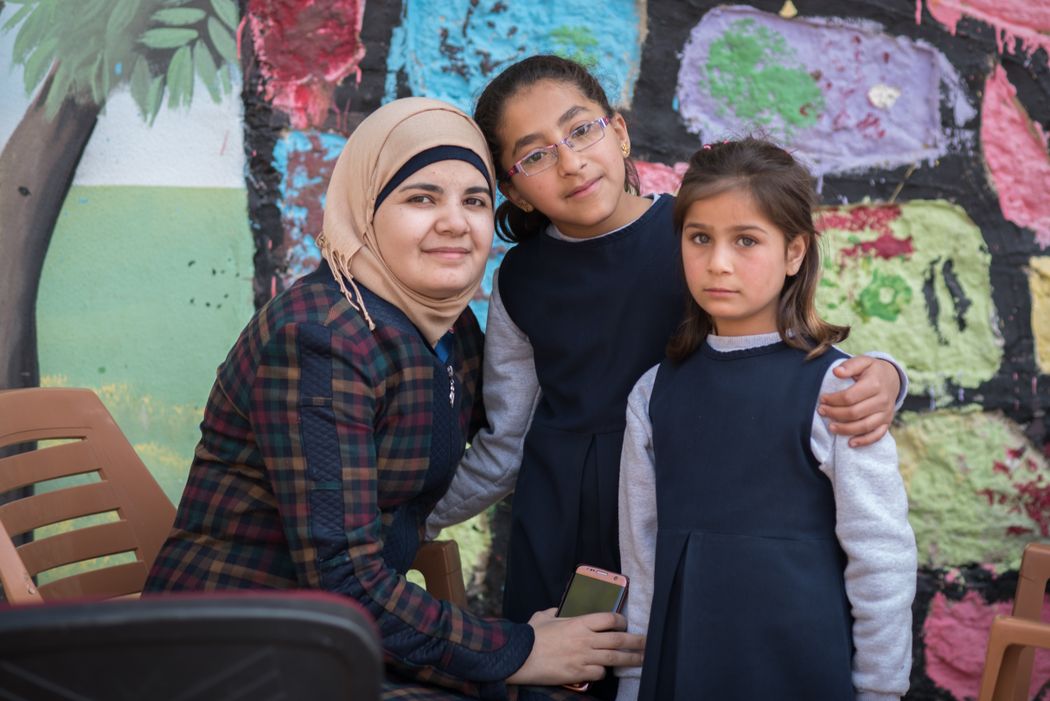#WomenHumanitarians: ''Humanitarian work is the best thing I am doing with my life''
When Betul Abras graduated from the University of Aleppo in Syria, the civil war was already underway. In 2013, she left the country with her parents to join the millions of Syrian seeking refuge in Türkiye. Today, the 30-year-old Psychologist works with Malteser International, helping her fellow Syrians to overcome the trauma of war and conflict. Her book "Memories Shattered by War", published in 2018, tells the story of ten Syrian refugees in Türkiye and their experiences of the brutal conflict that has sparked the largest humanitarian crisis of our time.
How did you get into humanitarian aid? And why did you become a humanitarian aid worker?
The experience of the Syrian war made me choose to work in the humanitarian sector. When you see how the people of your country are killed and injured from the war in Syria, you can't stand idly by. In June 2013, my family and I arrived in Türkiye as refugees. I applied to work at a number of humanitarian NGOs to provide psychosocial support for Syrian refugees in Türkiye. By September of the same year, I joined Malteser International and its local partner organization International Blue Crescent, working as a psychologist and manager of mental health psychosocial support department in the temporary rehabilitation hospital and community skills center in Kilis, Türkiye.
Even though, I also suffered in one way or another from the effects of this war, the sense of responsibility I get from my work strengthens me. I do my best to bring a smile to the faces of the people I work with.


Are there specific moments in your career in which your gender played an important role— positive or negative?
Certainly, women play a very effective role in psychological and emotional terms. When a mother sees that her child is sick, she showers that child with love and strengthens the sense of safety that allows the child recover. People who have seen the war usually need someone to confide in and to whom they can talk about their experiences. The psychological support we provide for these people is what the mother does to her child when he gets sick.
On the negative side, sometimes certain customs, traditions and misconceptions about the work of women reduce the value and effectiveness of our role in humanitarian work.
You work with women refugees in Türkiye now. How does your gender connect you with what they’re going through?
I try my best to help reduce negative thoughts about the work of women and our role in the community. I provided a lot of awareness regarding this issue.
Did you ever fear for your life? How did your colleagues help in those situations?
Yes, and I am always having group support sessions with my friends in the psychosocial support field to support each other. In case of any difficulties or challenges, I can always rely on advice from an experienced psychiatrist who used to be my supervisor in my previous job.

What would you say to other young women planning a career in humanitarian aid?
Humanitarian work is the best thing that I am doing with my life right now. Working in the sector allows you to take responsibility. So I will say, take that responsibility and activate your importance as a woman.
Finally, what does being a humanitarian aid worker mean to you as a woman?
Like I said, it is the best thing that I am doing with my life and I will never stop. I encourage all women to do the same. It is the value of my life.
August 2019, written by Michael Etoh








